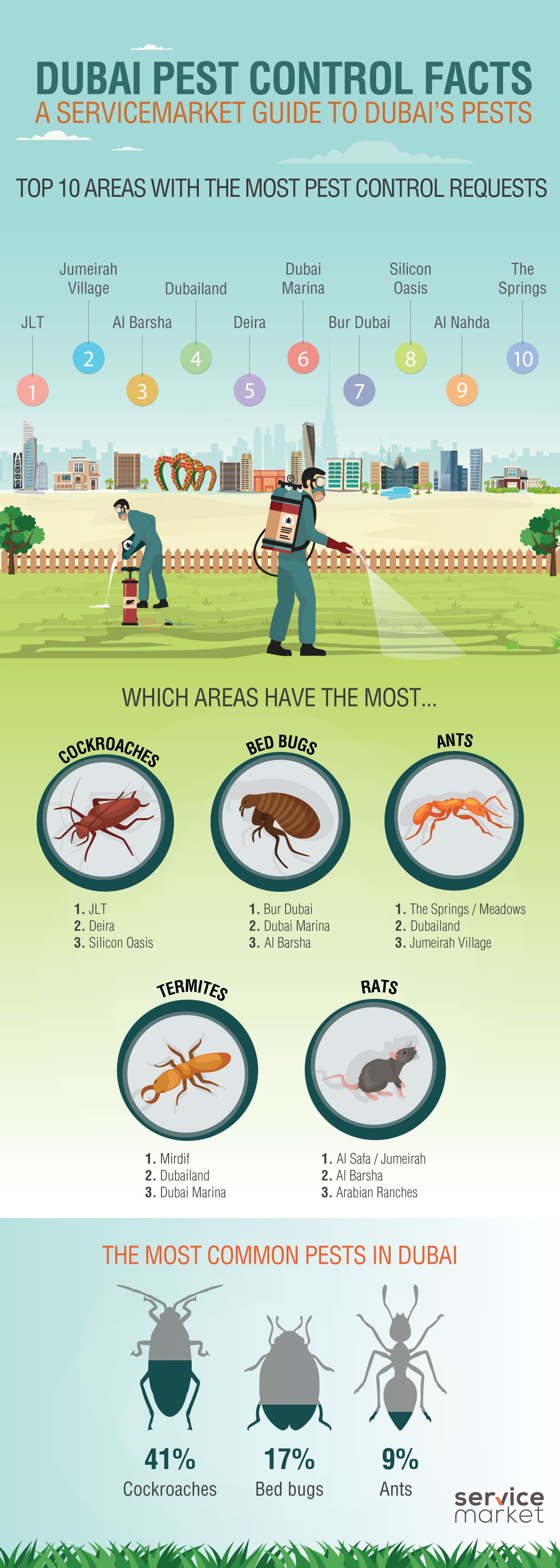Shielding Your Garden From Vermins: Techniques For A Pest-Free Outdoor Space
Shielding Your Garden From Vermins: Techniques For A Pest-Free Outdoor Space
Blog Article
Article By-Lauritsen Fyhn
Picture your garden as a sanctuary, a place of harmony and beauty. Nevertheless, the presence of exterior parasites can promptly interrupt this picturesque photo. Suppose there were straightforward yet reliable ways to maintain these unwelcome site visitors at bay and safeguard your yard sanctuary? By following a couple of useful suggestions and carrying out all-natural strategies, you can develop a harmonious exterior area where your plants can prosper undisturbed.
Natural Bug Deterrents
To keep pests far from your garden normally, plant fragrant herbs like mint and lavender. These great smelling plants not just add elegance to your garden but likewise function as reliable pest deterrents. Bugs like insects, flies, and even some garden-damaging pests are repelled by the solid fragrances emitted by these herbs. Just putting them strategically around your garden can aid produce a natural barrier versus unwanted parasites.
Along with mint and lavender, think about growing other herbs like rosemary, basil, and lemongrass to additionally boost your yard's pest-proofing capacities. These herbs not just act as natural repellents but also have the added advantage of being useful in food preparation or crafting self-made treatments.
Strategic Plant Positioning
Consider the design of your garden and the types of plants you need to purposefully put them for optimum pest-proofing effectiveness.
Begin by organizing https://how-to-remove-a-small-sna27394.blog-ezine.com/32109172/typical-indicators-of-termites-in-your-home-a-comprehensive-overview with similar resistance to parasites together. By doing this, you can create an all-natural obstacle that hinders insects from spreading throughout your yard.
In addition, putting pest-repelling plants like marigolds, lavender, or mint near more prone plants can aid safeguard them. High plants, such as sunflowers or corn, can act as a shield for shorter plants versus pests like bunnies or ground-dwelling bugs.
Remember to leave sufficient space between plants to enhance air blood circulation and minimize the danger of diseases that pests could carry.
In pest control door hangers , think about growing strong-smelling herbs like rosemary or basil near at risk plants to confuse insects' senses and make it harder for them to locate their targets.
Reliable Bug Control Techniques
For combating yard bugs successfully, applying a multi-faceted bug control strategy is important. Beginning by motivating all-natural killers like birds, ladybugs, and praying mantises to help keep pest populaces in check. Introducing plants that draw in these advantageous bugs can help in insect control. Additionally, exercising excellent garden hygiene by eliminating particles and weeds where pests could hide can make your garden much less hospitable to undesirable visitors.
Consider using physical barriers such as row cover materials or netting to shield at risk plants from pests like caterpillars and birds. Using natural pesticides like neem oil or insecticidal soap can likewise be effective versus particular pests while being less damaging to useful insects and the environment. It's essential to rotate your plants each period to avoid the build-up of pest populations that target specific plants.
Frequently evaluate your plants for signs of insect damages so you can do something about it immediately. By combining these methods and remaining vigilant, you can successfully control yard parasites and take pleasure in a growing, pest-free yard.
pest control articles , there you have it - with the ideal approaches, you can maintain pesky outdoor bugs away from your garden and assist your plants prosper.
Did you know that growing mint has been revealed to repel mosquitoes and other insects, lowering the demand for dangerous chemicals by approximately 60%?
By including natural deterrents and clever growing methods, you can create a beautiful and pest-resistant garden oasis for you to appreciate.
